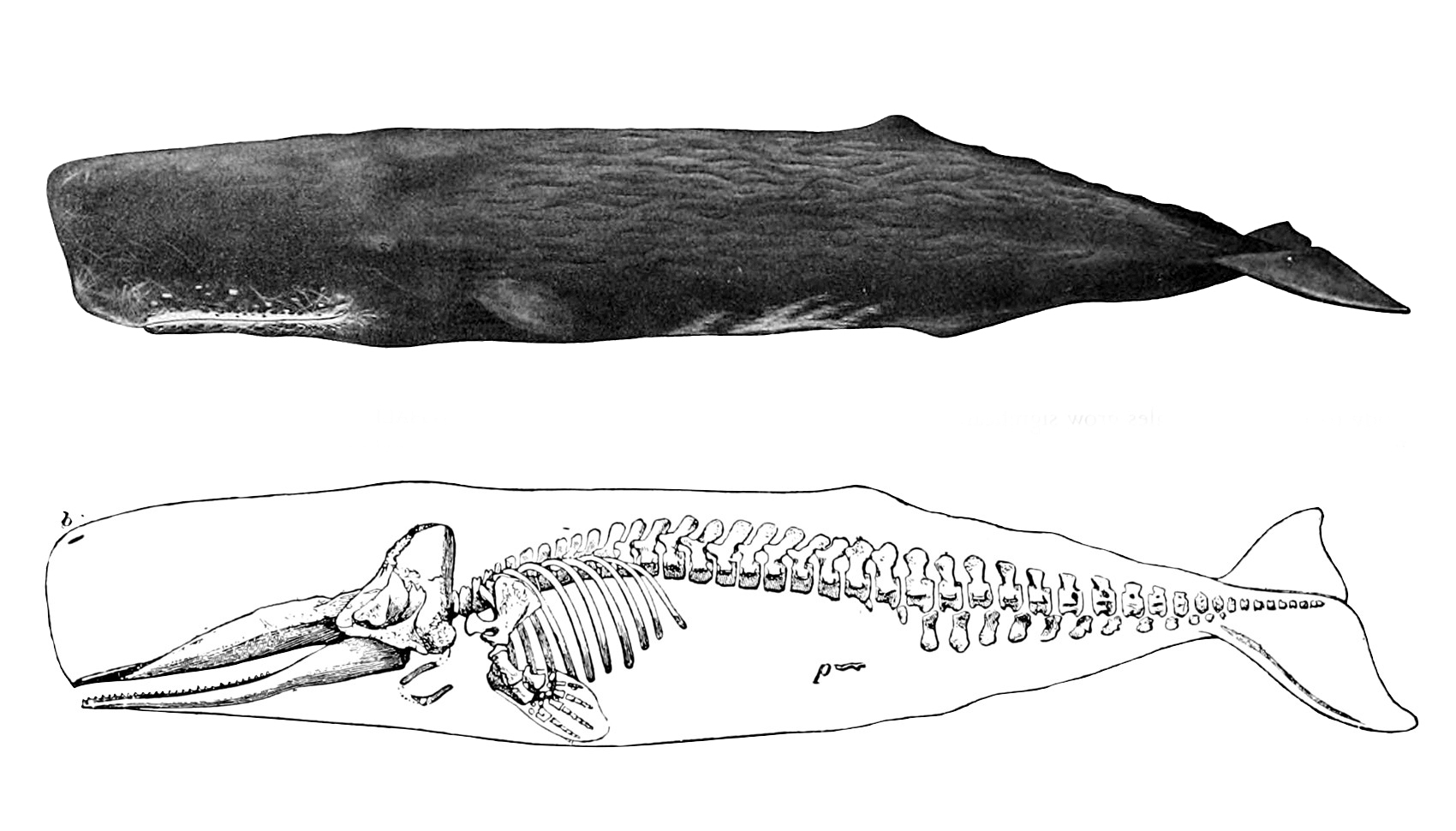
Whale courtesy Wiki commons.
"A sperm whale that washed up in Spain died after swallowing almost 60 different pieces of plastic dumped by the greenhouses that supply Tesco, Carrefour and Aldi. This 4.5 tonne whale was defeated by 17 kg of plastic waste, including two dozen sections of the transparent sheeting used to cover industrial greenhouses.
There’s no excuse for these giant supermarkets' failure to ensure their suppliers recycle and safely dispose of their deadly waste — but as long as they’re given a free pass, plastic will continue to swamp our oceans each year, and more whales will die. Tell Tesco, Carrefour and Aldi and to make sure their greenhouses recycle or safely dispose of their waste.
Only about 1,000 sperm whales are left in the Mediterranean, and they feed near waters flooded by the greenhouse industry. Acre after acre of farmland in southern Spain is covered in reams of plastic sheeting to produce the perfect growing conditions for year round fruit and vegetables. Due to poor waste disposal, this plastic ends up floating in the Mediterranean. Now these whales are under threat from swallowing huge quantities of non-degradable plastics.
If we lose the whales, we disable an entire ecosystem — and all because grocery stores are too lazy to monitor their suppliers. Our supermarket chains could easily ensure that plastics used to grow our fruit and vegetables are disposed of correctly and recycled. But so far, they are walking away and counting their profits -- and as they do, our oceans and seas are dying.
Let’s not let another whale die from too much plastic. Tell Tesco, Aldi and Carrefour to clean up their supply chains and stop their suppliers from dumping toxic plastics in to the Mediterranean. This isn’t the first time we’ve taken on the big supermarket chains. We came together to take on the might of Tesco in the UK when it was electronically tagging its workers, and we won a landmark campaign in the US demanding that Trader Joe’s help farm workers get paid a fair wage. Now we need to come together and take on Tesco, Aldi and Carrefour demand they help save the whales.
http://action.sumofus.org http://bit.ly/18oyjq7
The question is always how much regulation it would take and by how many nations to start attacking this problem which has horrific health implications not just for marine life but for human as well.
"However, concerns about usage and disposal are diverse and include accumulation of waste in landfills and in natural habitats, physical problems for wildlife resulting from ingestion or entanglement in plastic, the leaching of chemicals from plastic products and the potential for plastics to transfer chemicals to wildlife and humans" See "Plastics, the environment and human health: current consensus and future trends" The Royal Society.Phil. Trans. R. Soc. B 27 July 2009 vol. 364 no. 1526 2153-2166 Richard C. Thompson1,*, Charles J. Moore2, Frederick S. vom Saal3 and Shanna H. Swan4 http://rstb.royalsocietypublishing.org/content/364/1526/2153.full
